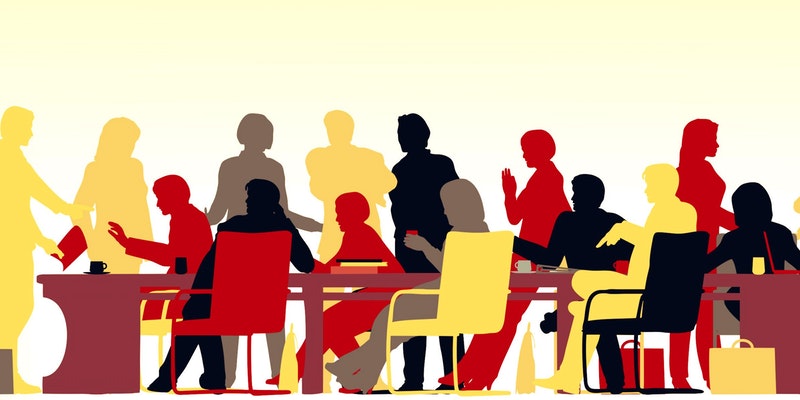Sunday morning, when I was surprisingly not hungover, I watched The Two Bills documentary from ESPN’s 30 for 30 series. It’s about the relationship between Bill Parcells and Bill Belichick, who have seven Super Bowls between them. It’s a really good documentary, but maybe the most insane thing about it all is this: in totality, these guys worked together for 16 years. Sixteen fucking years. At a time when both employee loyalty and corporate loyalty are essentially dead — and yes, I realize sports coaching is a different animal — the idea of working with someone for 16 years is so crazy to me (and probably most people, honestly). I’ve been working a total of 16 years at this point, and it feels like everything totally changes every 8-24 months. Being ride or die with someone for a decade and a half plus is amazing.
OK, so … at the end of this documentary, as the two Bills are leaving Giants Stadium and their mutual interview, Belichick (famous for not being emotional) says to Parcells: “Hey, how’s your heart?” Parcells quit coaching for a while because of his heart, ya see.
These are two guys who bled together and won championships together for 16 years, right? And now they reunite and this is their tender moment.
“Hey, how’s your heart?”
That moment right there is masculinity. That’s how dudes interact. You form the bond over a shared activity, and you develop the bond over time — slowly, because male friendships are inherently a bit of a mess — and then, years later, as you walk out of a stadium where some of your greatest accomplishments happened, you ask simply, “Hey, how’s your heart?”
What’s all this got to do with networking? More than ya think.
Networking is pointless
Mentioned this a few times before — here and here — but now we’ve got some new stuff from David Burkus, who recently wrote a book on the whole ecosystem of networking. He just wrote in HBR about a study done by Columbia University professors. Let me give you the set-up first, so you’re with me:
In total, about 100 executives, consultants, entrepreneurs, and bankers gathered together for food and drinks on a Friday evening. Prior to the event, Ingram and Morris surveyed the executives to learn who among the invited guests they already knew and what their intentions and objectives were for the event. They found that on average, each guest knew about a third of the other guests, and that most of them planned to use the event to meet new people.
OK. So… networking at its finest. Rich white guys trying to meet other rich white guys in order to become richer. Got it.
What do y’all think happened?
Despite 95% of executives expressing a desire to meet new people, the average participant spent half of their time with the one-third of the people they already knew.
No shit. This literally always happens at these events, unless people get smashed, but people are afraid to get smashed because, well, it’s a networking event.
But why does this happen?
Here ya are:
The problem with networking events is that there’s no bigger purpose other than just having conversations with people, and without that bigger purpose — without that high-stakes activity — there’s little incentive to move beyond conversations that make us comfortable. When the stakes are higher, however, we end up needing more than what existing contacts and similar-seeming people can provide. So, we push further to meet more diverse people.
These types of high-stakes activities come in many sizes. It can be serving on a nonprofit board, organizing a charity drive, playing in an amateur sports league, taking up a new hobby, or anything else that draws a more diverse set of people than normal to come together and work toward something big enough that it can’t get accomplished alone.
In other words: guys still run the business world, and this is how guys bond. Shared, group activities. 16 years of winning the NFC leads to a tender “Hey, how’s your heart?” That’s masculinity. That’s how the whole deal works. And as such, networking means very little and group connection — being in the trenches in some way — matters much more. Phrased another way: find community.
Don’t network. It’s too much business card slinging. That’s not how guys find love and connection.
